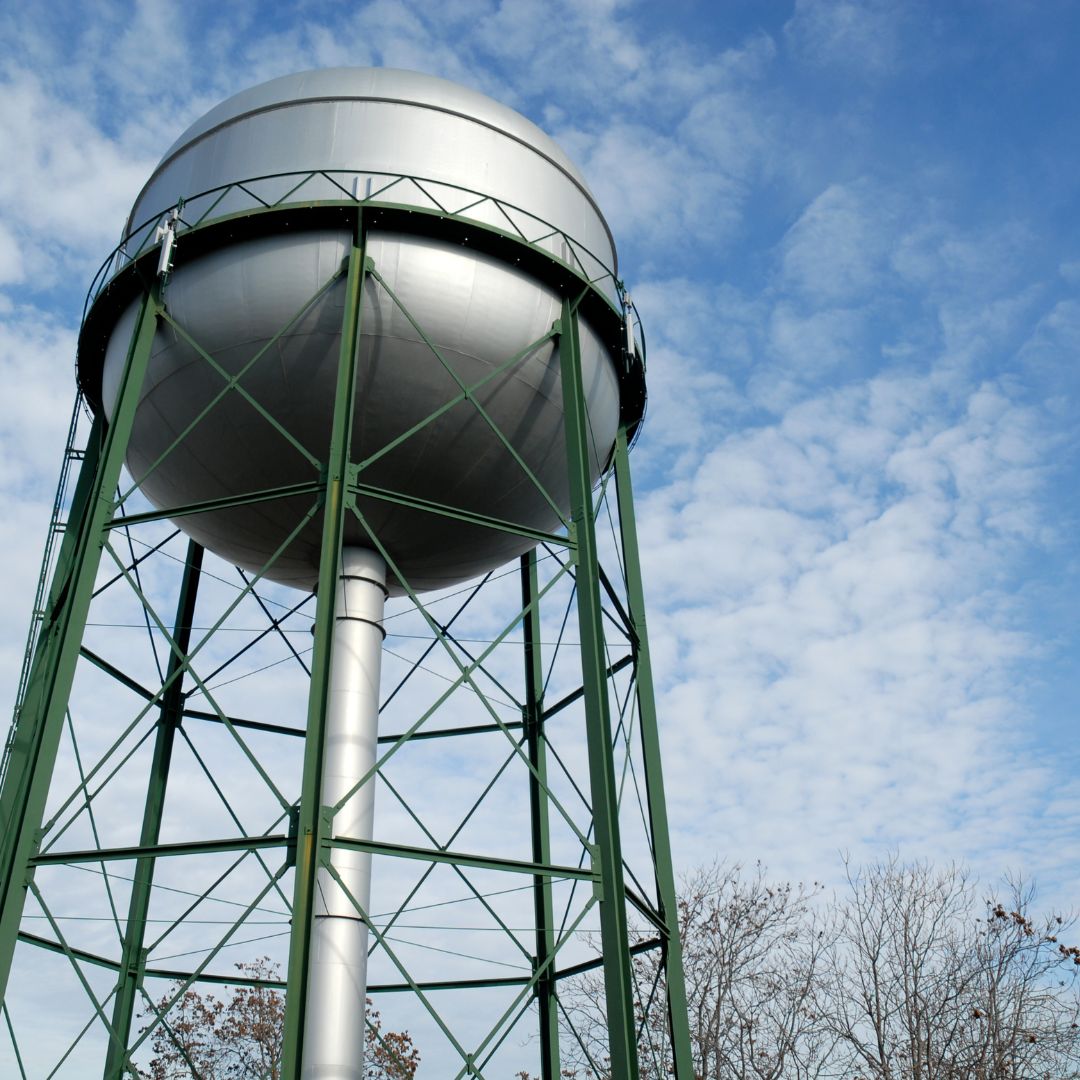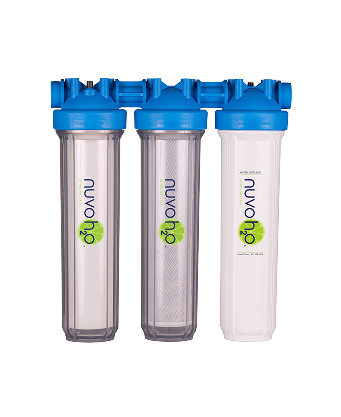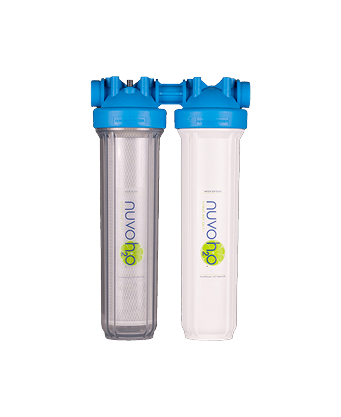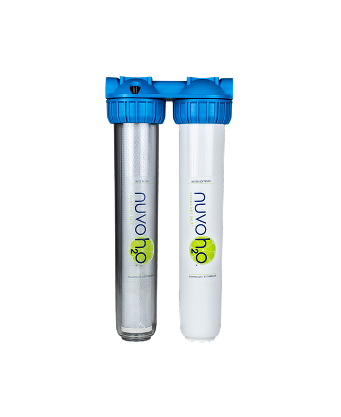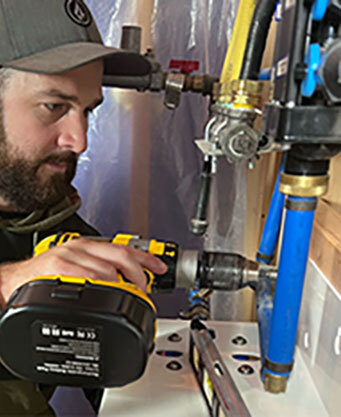
Where Does My Home's Water Come From?
22nd Jul 2022
You turn on the tap and out comes water — it's a simple process that most of us take for granted. But where does our water come from? And how is it treated before it comes out of our taps? In this blog post from NuvoH2O, we will explore where your home's water comes from and how it is treated before reaching your faucet.
The Source of Your Home's Water
Your home's water comes from one of two sources — either a public water system or a private well. If you live in a city or town, your water likely comes from a public water system. This means that your water is supplied by the municipality and is treated at a central facility before being distributed to homes and businesses. If you live in a rural area, you may get your water from a private well. If this is the case, you are responsible for ensuring that your water is treated and safe from contaminants.
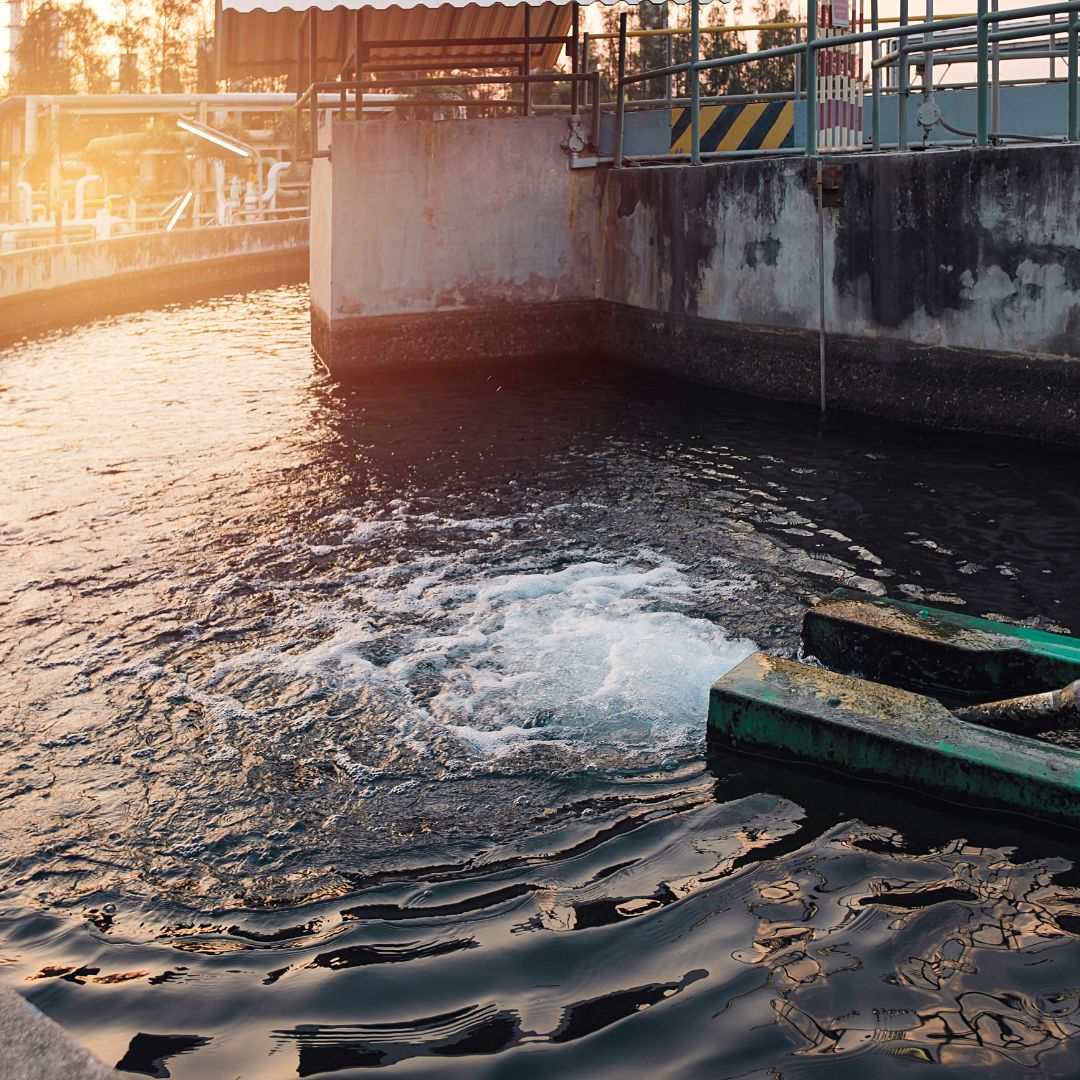
How Your Water Is Treated
If you're like most and your water comes through the public water system, your water undergoes a standard treatment process to ensure that it is potable. This treatment includes filtration, disinfection, and sometimes additional steps like fluoridation depending on where you live and your city's treatment practices. The filtration process removes any solid particles from the water, such as dirt, sand, or rust while disinfection kills any harmful bacteria or viruses that may be present in the water. Fluoridation, if your water goes through this process, adds fluoride to the water, which is intended to help prevent tooth decay.
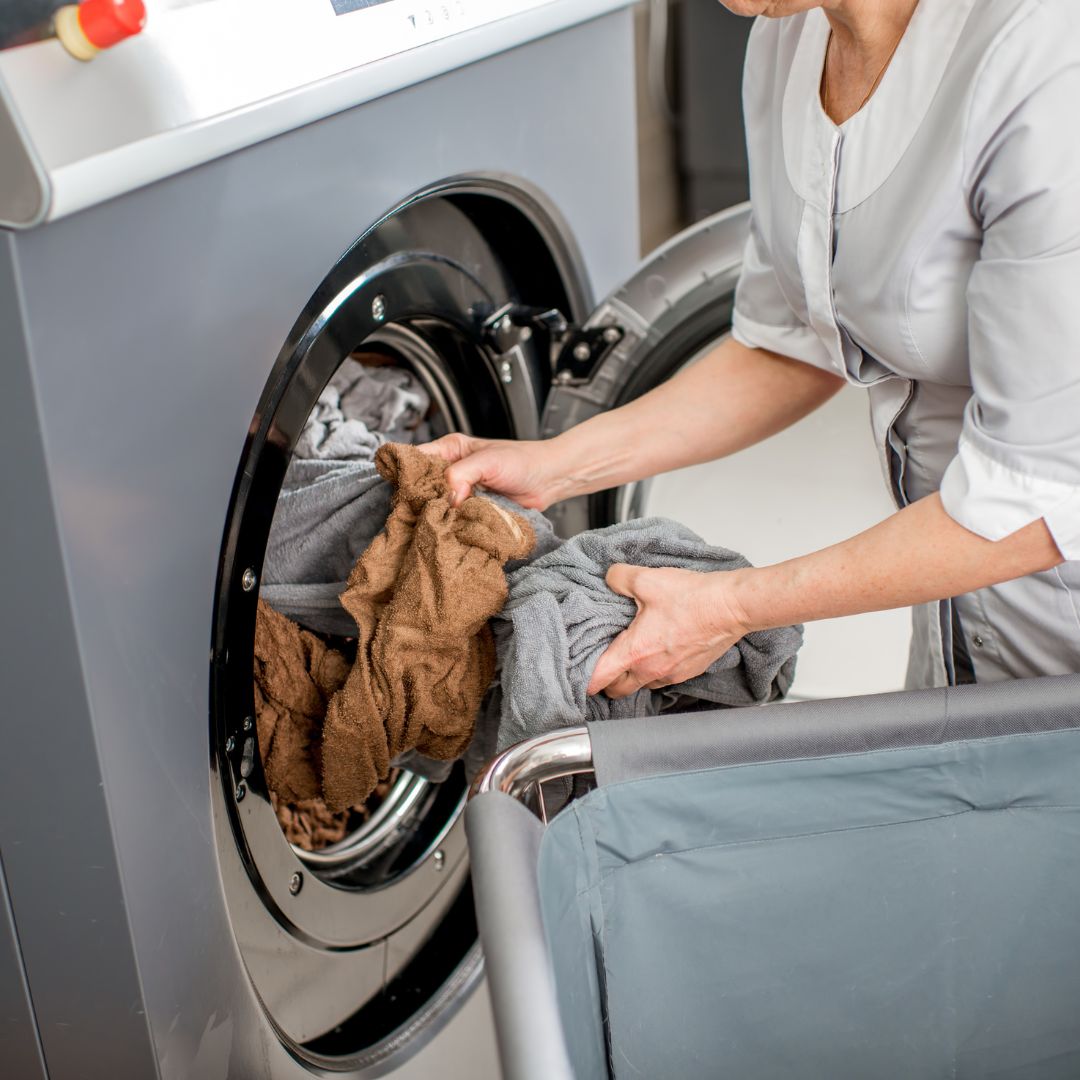
What Is Hard Water and How Does It Occur?
Hard water is simply water that has high mineral content. These minerals, typically calcium and magnesium, can come from a variety of sources like rock or soil. While hard water itself is not harmful, it can cause some problems in your home. Hard water contributes to the creation of soap scum, which can be left behind on your fixtures and plumbing. This soap scum can be difficult to remove and can lead to other issues like clogged drains. In addition, the minerals in hard water can build up over time and cause damage to your plumbing fixtures and appliances. This is why it's important to make sure that your home has a water softener if you have hard water.
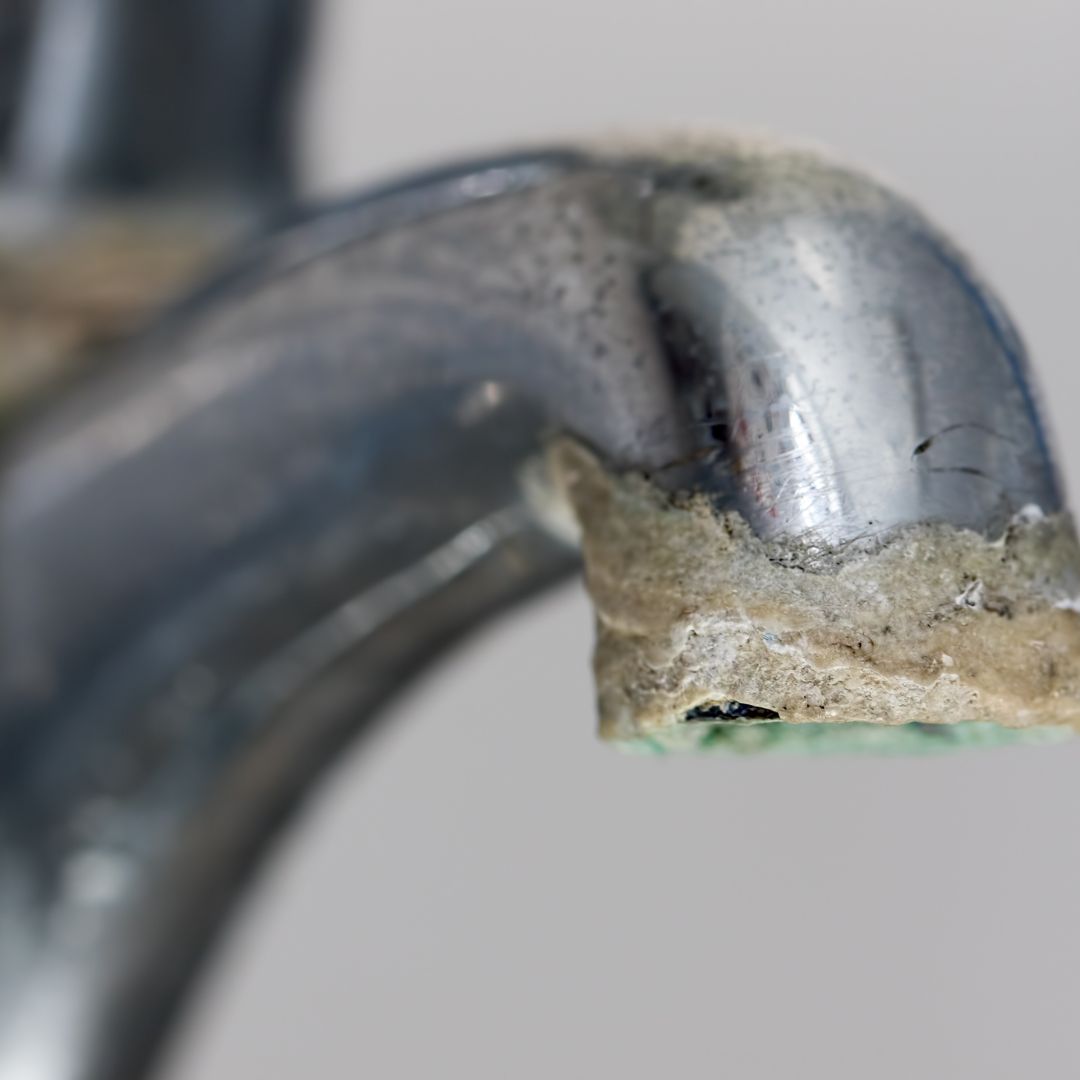
How to Tell If You Have Hard Water
If you're not sure whether your home has hard water, there are a few telltale signs to look for. For example, do you find that your laundry doesn't seem as clean as it could be or that your dishes have spots even after being run through the dishwasher? These could both be signs that you have hard water. You may also notice a build-up of soap scum in your tub or on your shower doors. Additionally, when you have hard water, your plumbing fixtures may deteriorate faster than normal. If you think you might have hard water, there are test kits available at most hardware stores.
Whole-Home Water Softener Systems & Filters
If you have hard water, there is something you can do about it. At NuvoH2O, we offer high-quality whole-home water softener systems. Rather than removing these otherwise healthy minerals from your home’s water like traditional systems do, NuvoH2O’s whole-home water softener systems utilize citrus, which bonds with the minerals, minimizing the negative effects of hard water without removing important minerals from your tap water. Additionally, our whole-home water softener systems also filter your home’s water, improving the taste and water quality. Learn more about our whole-home water softener and filtration system and order yours from NuvoH2O today!

